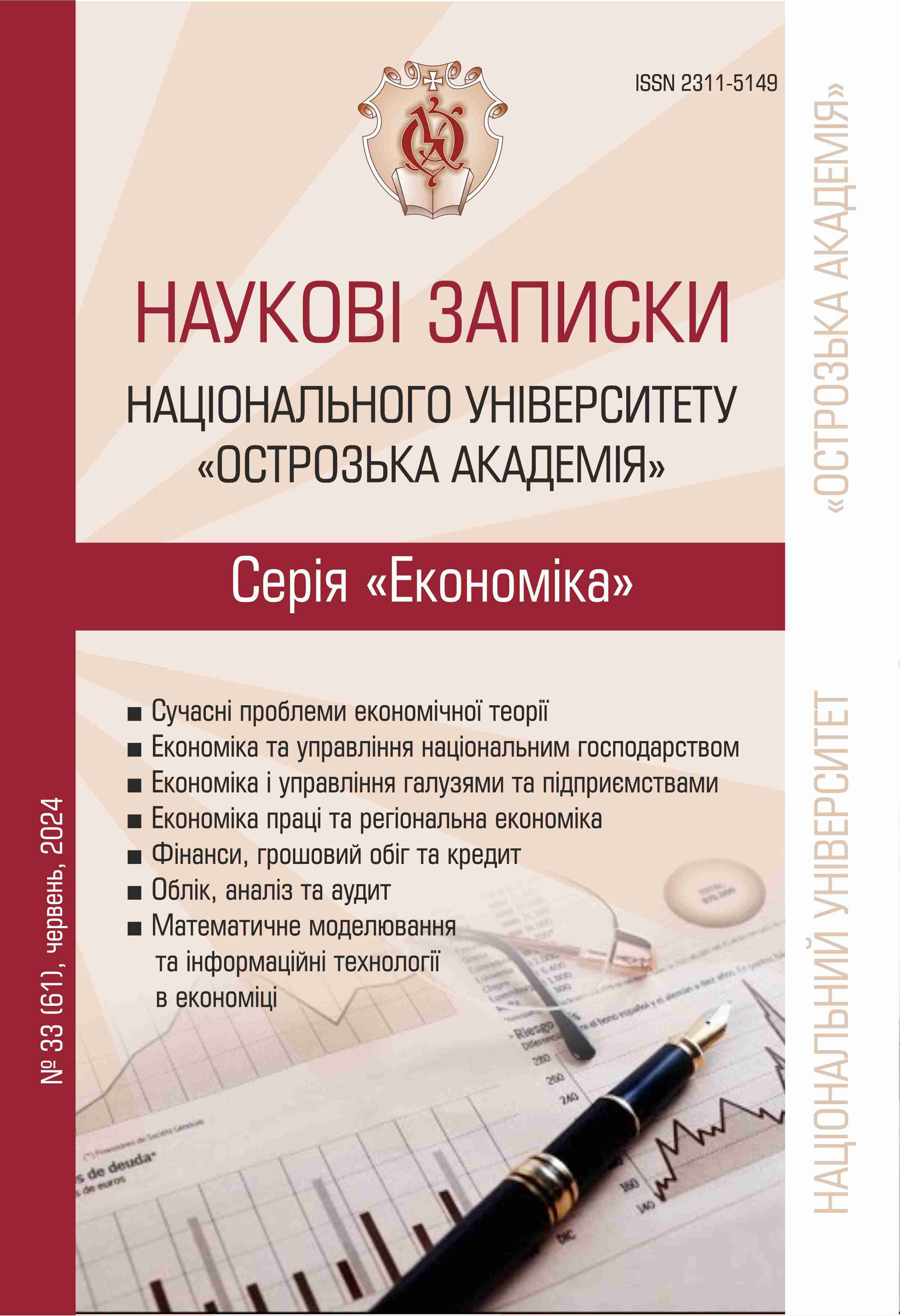ANTI-CRISIS MANAGEMENT OF THE ENTERPRISE IN CONDITIONS OF UNCERTAINTY: THEORETICAL AND PRACTICAL ASPECTS
DOI:
https://doi.org/10.25264/2311-5149-2024-33(61)-41-46Keywords:
anti-crisis management, conditions of uncertainty, anti-crisis strategiesAbstract
This article analyzes the theoretical, methodological, and practical aspects of crisis management in enterprises during wartime. It examines the key features of how military conflicts impact the economic stability of enterprises and identifies the main strategies and methods for adapting enterprise activities to extreme conditions. Special attention is given to risk analysis and identifying the most effective approaches to crisis management that can ensure the survival and development of companies in unpredictable circumstances.
The practical application of crisis management is examined using the example of «Promin,» a Ukrainian enterprise specializing in the production of electronic components. The article discusses the main strategies and measures implemented to minimize the impact of crisis phenomena and ensure the company’s stable development under uncertain conditions. It is well-founded that the anti-crisis management strategy, focused on improving production processes, optimizing logistics, developing new products, and expanding market presence, provided the company with the opportunity not only to survive in difficult conditions but also to strengthen its competitive advantages.
The results of the implemented changes confirm that anti-crisis management is key to ensuring stability and the successful adaptation of the enterprise to dynamic market conditions.


